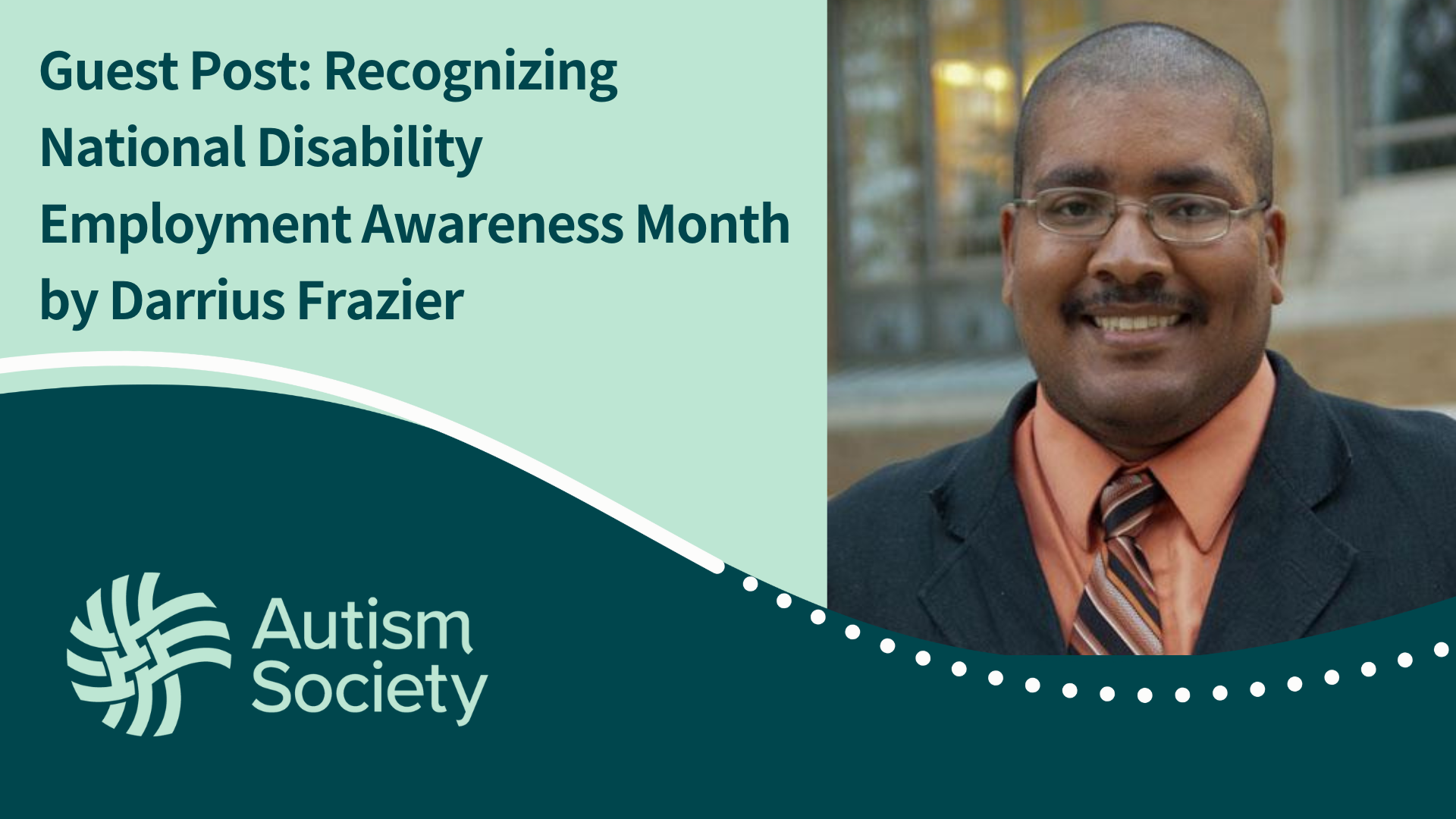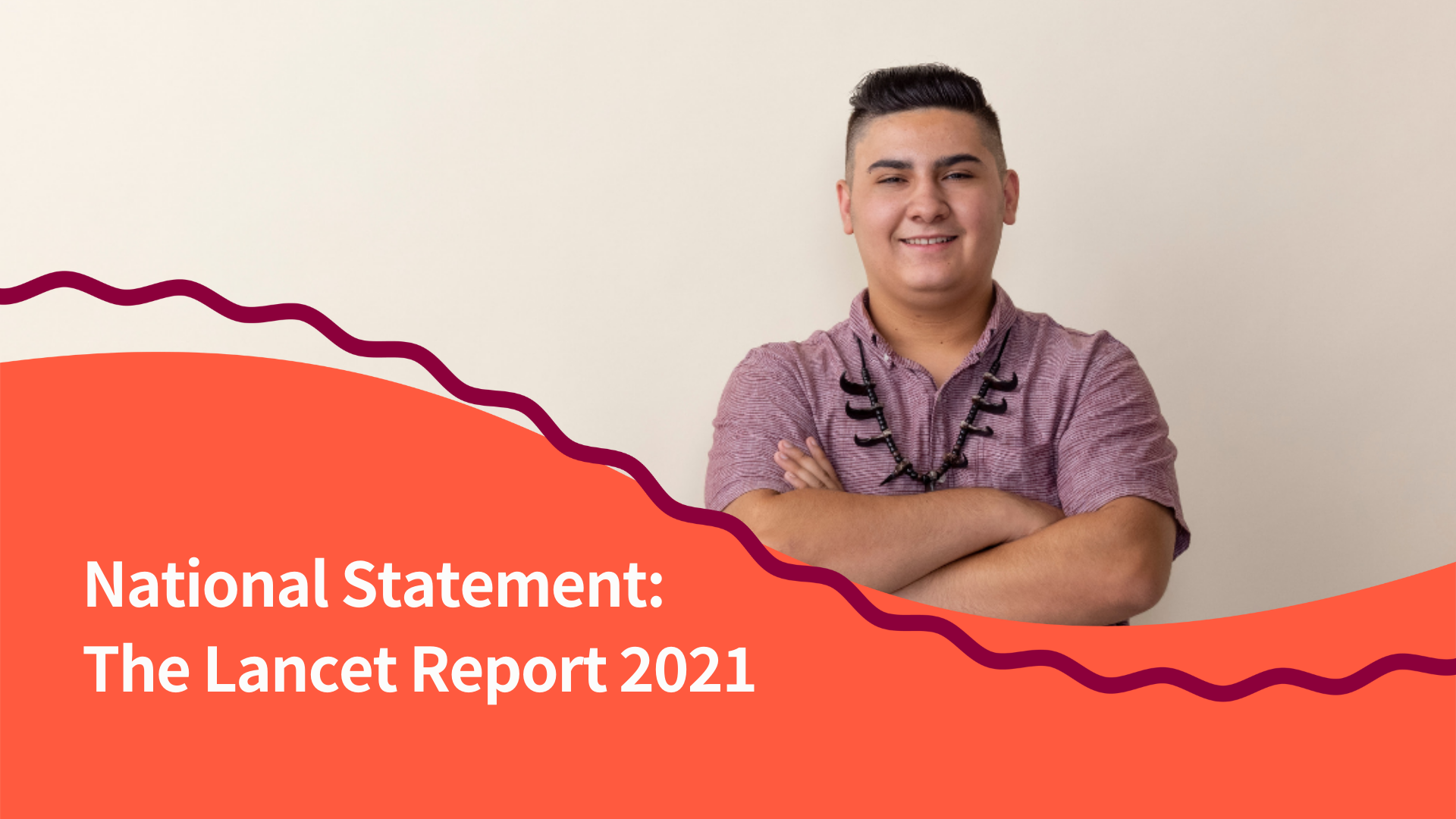
When the Water Calls: A Warning and an Invitation for Parents of Children with Autism
By Greg Scaduto
The pond behind a modest apartment complex in Clinton, Massachusetts, likely seemed, on certain mornings, like an innocent thing – a glassy, greenish expanse reflecting the sky. Recently, it became the site of a tragedy whose sorrow is almost unspeakable. Brady Cassidy, an eight-year-old with Autism, eloped from the safety of his family’s home and drowned. Like so many children with autism, he was drawn inexorably to the water.
Every parent or caregiver of a child with autism learns that the spectrum is not merely a collection of clinical descriptors; it is also a geography of yearning. Many children on the spectrum are powerfully, magnetically attracted to water – bathtubs, pools, lakes, ponds – drawn by a sensory experience they cannot articulate but feel in the deepest part of themselves. Water soothes. Water quiets the static in the mind. Water can feel, to them, like the only safe place in the world.
But it is also, tragically, one of the most dangerous. Drowning is among the leading causes of death for children with autism. Those of us raising autistic children understand how swiftly the ordinary can become catastrophic. A door is left ajar. A safety lock, undone. A gate latch doesn’t catch. The distance between the living room and the water is a matter of seconds, but the consequences are infinite.
I cannot read about Brady without recalling my own son, Teddy. He, too, is on the spectrum and non-verbal. He even looks a bit like him. When we moved to a small Dallas suburb in 2021, we bought a house with a pool in the backyard – a luxury, yes, but more than that, a place where Teddy could explore the water safely. That pool became the axis around which our family’s summers revolved. Every morning, before the heat became oppressive, we would slip into the water together. Teddy was tentative at first, clinging to me with that small, fierce grip that parents of autistic children know so well. But little by little, he began to trust the buoyancy. By the end of that first summer, he was diving to the bottom to retrieve plastic rings, popping up triumphant, water streaming from his hair, his whole body radiant with pride.
When you have a child whose days can be marked by overwhelm – by noise, by light, by the unkindness of people who don’t understand – the sight of him squealing with delight as his mother cannonballed into the deep end is a kind of grace. The water gave him calm. He would be at peace for hours afterward, as though the coolness had quieted something restless inside him. He grew stronger, more coordinated, more confident. Swimming was not just recreation; it was therapy, communion, and joy all in one.
I share this not to suggest that pools are an unmitigated good – only to point out the paradox. The very thing that offers so much comfort can also be the thing that takes a person’s life. And so this is both a warning and an invitation. If you have a loved one with autism, please take a multi-level approach. Lock every gate. Install alarms on doors. Consider locative technology. Teach your loved one, as early as you can, to respect and survive the water. Seek specialized support by searching for swim instructors that have received adaptive aquatics training for Autistic students. It takes two seconds to elope. Two inches of water for a tragedy. Drowning happens silently and swiftly, and there will never be enough time to wish you had done more.
But also: if you are able, do not turn away from the water entirely. I am convinced that Teddy’s hours in the pool shaped him into the boy he is now – more centered, more physically capable, more open to connection. A safe swimming environment can be a lifeline. It can be the place where a child who struggles to feel at home in the world discovers a sense of mastery. In the water, so many of our children find relief from the intensity of their perceptions. It is one of the few places where their differences recede, and they can simply be.
To the Cassidy family: there are no words that will ever suffice. I have no platitudes to offer you, only my grief and my solidarity as a fellow caregiver. Brady deserved every bright possibility the world could hold. He deserved a thousand ordinary days that ended with dinner and bedtime and the assumption of tomorrow. To every parent and caregiver reading this: hold your children close. If we are honest, we must admit this could have happened to any of us; the difference between ordinary life and unendurable loss is sometimes no more than a moment’s distraction or a stroke of chance.
Respect the water. But do not fear it so completely that you deprive your child of the joy it can bring when approached with preparation and care. Some of my best memories – some of Teddy’s best days – happened in that Texas pool. Each dive, each shriek of laughter, was a small victory over the isolation that autism can impose. And each time we swam, I reminded myself that vigilance and wonder are not mutually exclusive. They are the dual obligations of love.
In the shimmering blue of a pool, a child can discover who he is. But no body of water, however inviting, can be trusted to keep him safe. That is our burden and our responsibility. May we carry it with the seriousness it deserves – and the hope that every child will be given the chance to come back up for air.
——
For more information, and free safety resources, visit AutismSociety.org/water-and-wandering.
Share:




